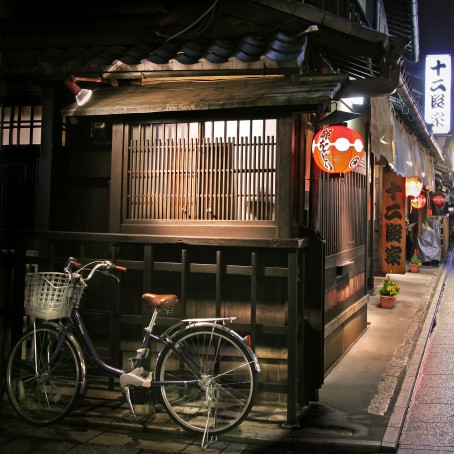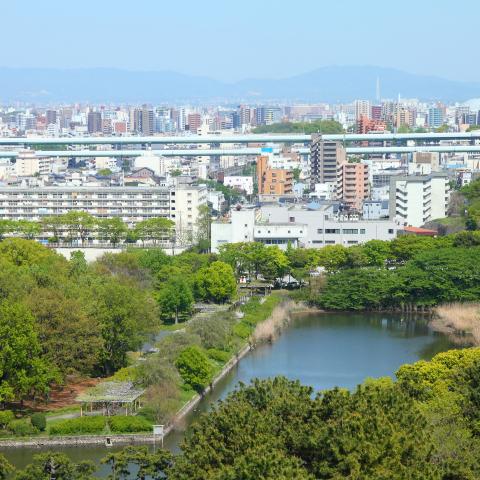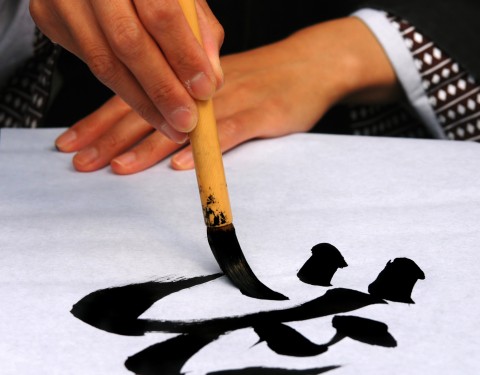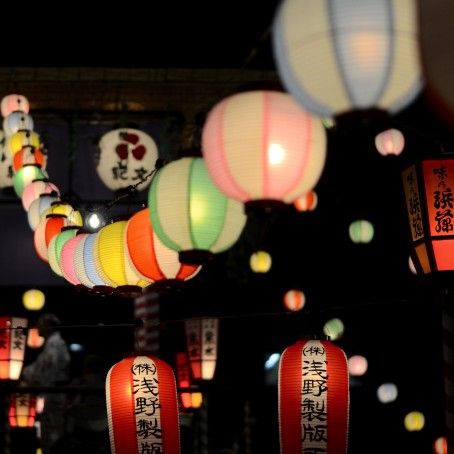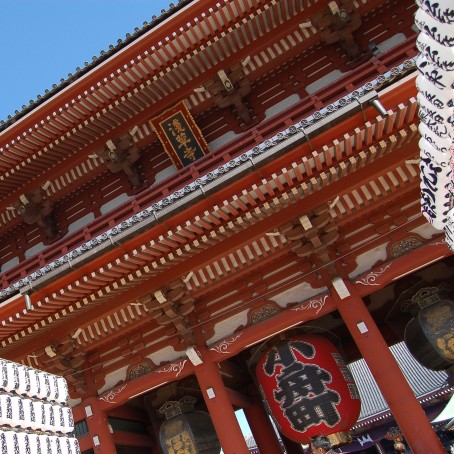Click here to start learning Japanese for Free!
Thanks to Japanese, we realize we miss a lot of words and expressions in our own languages. If you’re looking for Japanese words we should have in our dictionary, this list is for you!
You can hear these commonly used words in anime or dramas. They are pretty easy to understand, but when it comes to translating them or to explaining the meaning, it’s a different story! However, we tried to find the best definition for you, so arigatou for your understanding!
1. 先生 (Sensei) “Professor”

This word can be used for all the people that teach you something. A teacher, a doctor, a philosopher… everybody can be a sensei for somebody else.
2. お疲れ様 (Otsukaresama) “Good work today

After a good day of work, you can use otsukaresama as a catch-all farewell of sorts when you’re passing a coworker in the hall on the way home at the end of the day. It means that even if you’re tired, a good job has been done.
3. しょうがない (Shoganai) “Nothing can be done about it/It can’t be helped”

The Japanese phrase shoganai, or “it can’t be helped,” is an important word in Japanese. It’s often used to describe Japanese culture, thinking and values. Shoganai is essentially a philosophy. It says that if something is out of your control, it’s better to quickly accept it and move on.
4. 頂きます (Itadakimasu) “I humbly receive”

In Japan, it’s common to say itadakimasu before eating a meal. The word itadakimasu is often translated as “I humbly receive,” but when relating to food, it’s often compared to saying “Let’s eat,” “Bon appétit,” or “Thanks for the food.”
5. 猫舌 (Nekojita) “Cat’s tongue”

It’s not uncommon to see, for example, in a ramen restaurant how Japanese people enter, order, eat and leaves in just a few minutes. Some people seem to not care about something being really really hot. In Japan, people who unable to eat really hot food are called nekojita. It literally means “cat’s tongue.”
6. 木漏れ日 (Komorebi) “The light that filters through the trees”

This is the word the Japanese have for when sunlight filters through the trees – the interplay between the light and the leaves. It’s a beautiful word with a poetic meaning.
7. 上げ劣り (Ageotori) “To look worse after a haircut”

This is the horrible feeling you have after visiting the hairdresser and they totally messed up your hair!
8. ドキドキ (Dokidoki) “Onomatopoeia for heartbeat”

This is usually used to refer to the heart beating in relation to love, like how the heart beats faster when you are around that one special person. You will often find it Japanese romance anime and manga.
9. 森林浴 (Shinrinyoku) “Forest bathing”

This word is used when you get deep into the woods, where everything is silent and peaceful for relaxation.
10. バカ (Baka) “Idiot”

Do you really need an explanation?
Start learning Japanese & watch your favorite shows without subtitles!
How many of these words did you already know?
Remember, these are just the most common words that you’re likely to come across. If you want to start understanding more of your favorite shows, sign up for a FREE lifetime account and start studying with us today!













